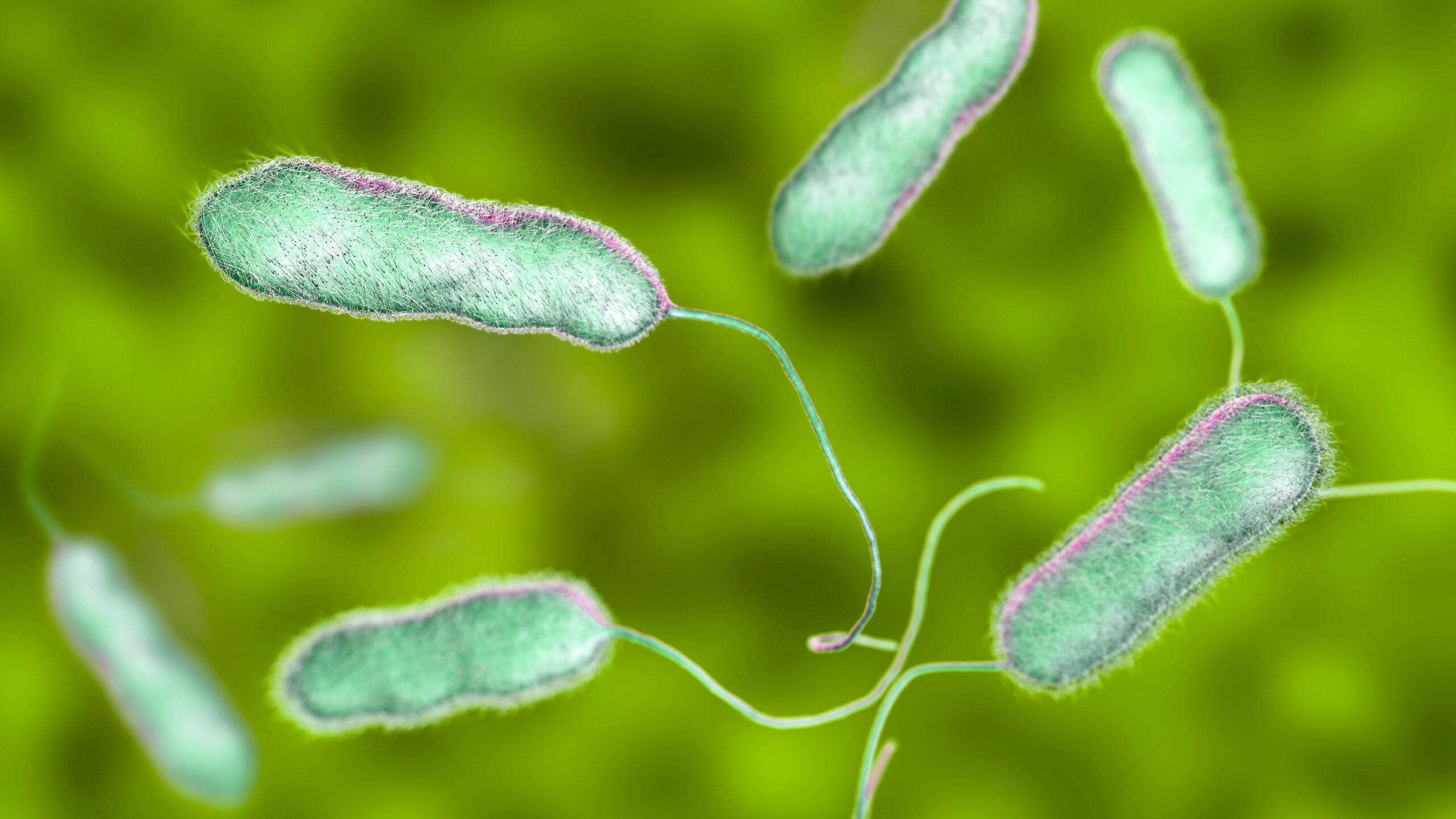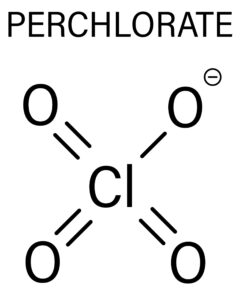The 2027 EU Harmonization represents more than just a regulatory shift—it’s a call to action for the water filtration industry to evolve.
By prioritizing health, transparency, and sustainability, the new rules will not only protect consumers but also push the industry toward meaningful innovation.



